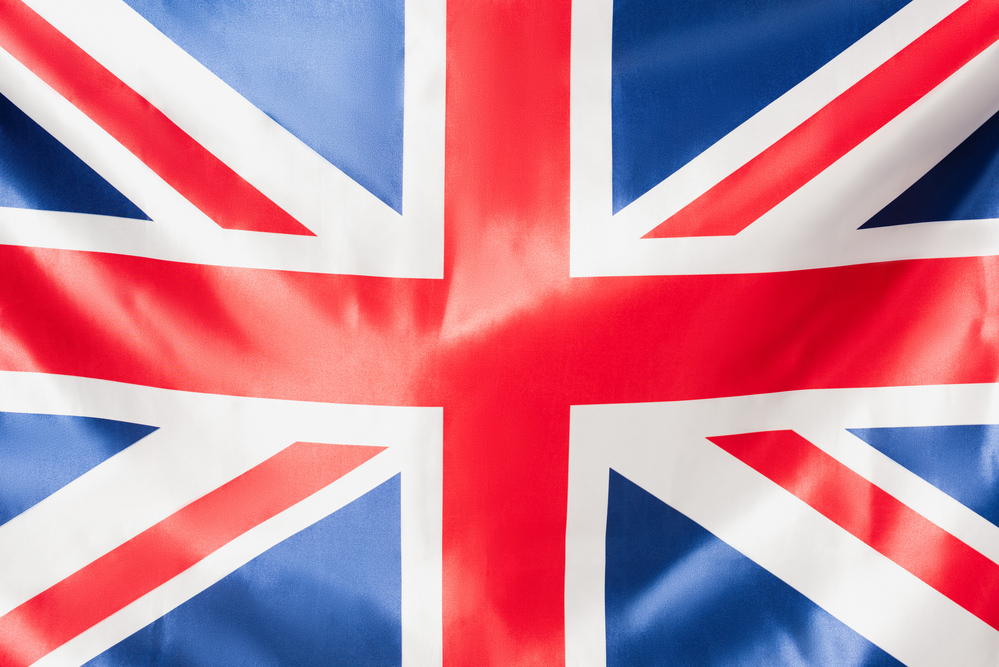
This week, the United Kingdom published a five-year maritime strategy focusing on improving their naval navigation freedom within the Indo-Pacific. Among the important components, the new strategy aims to “officially” recognize—and address—environmental threats like illegal fishing as imperative maritime security concerns.
According to the document “It is estimated that IUU fishing activities are responsible for the loss of [between 11 and 26 million tons] of fish each year, with a global value of between $10 [and] $23 billion a year. It is imperative that measures are strengthened to tackle IUU fishing in order to support the UK’s own global maritime security.”
Leaders among five government departments, including defense, authored the document which specifically points to Russian aggression towards Ukraine (in the foreword) and characterizes the timeliness of the publication. In addition, they write that separating from the European Union has provided the UK with an improved ability to develop necessary policies and strategies which better represent both the values and priorities that are most important to Brits.
In a statement, published parallel with the document, UK secretary of state for transport Grant Shapps explained, “Our new maritime security paves the way for both government and industry to provide the support needed to tackle new and emerging threats and further cement the UK’s position as a world leader in maritime security.”
Among the priorities listed in the strategy document, the government aims to deploy two Offshore Patrol Vessels to increase their maritime presence in the Indo-Pacific. The UK also wants to establish something they are calling a “UK Centre for Seabed Mapping” to cross-government coordination and collaboration with the fishing industry as a means to increase not just the quality and quantity of data within the marine domain, but also the availability of that data.
Shapps goes on to say, “Mankind has better maps of the surface of the moon and Mars than of our own ocean. To ensure the UK’s maritime security is based on informed and evidence-based decisions, we must build our knowledge of this dynamic ocean frontier.”
